Can Cats Eat Salami?
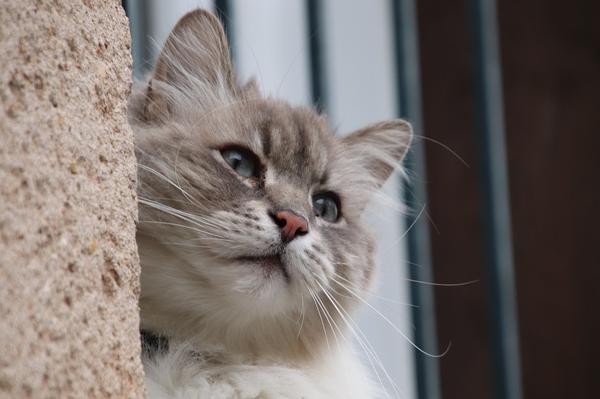
You'll agree with me when I say:
We love our furry friends more than anything in the world.
They bring us joy, comfort, and endless cuddles.
That's why it's only natural to worry about what they eat, especially when it comes to human foods like salami. I mean, who wants to risk their beloved cat's health? 😺
But take a deep breath and relax, my friend, because I've got some answers for you.
So, let's dive in and find out the truth about whether cats can eat salami.
Is Salami Bad for Cats?
Salami is harmful to cats due to its high fat content, which can lead to pancreatitis. The salt, spice, and toxic ingredients in salami can cause obesity, dehydration, digestive issues, anemia, and organ failure. Pregnant cats and kittens are especially at risk of bacterial infections. Avoid feeding salami to your feline companions.
Salami, my dear friend, is definitely not a treat that cats can indulge in.
You see, salami packs quite the punch with its high fat content. And let me tell you, cats are not equipped to handle all that grease.
Too much fat can overload their delicate little digestive systems and potentially cause pancreatitis.
Trust me when I say this is something you want to avoid.
Now, salt and spice may add some zing to our human taste buds, but for cats, it's a different story.
The salt and spice in salami can induce obesity, dehydrate your furry friend, and really throw their digestive system out of whack.
And here's something important to note:
Pregnant cats and kittens need to steer clear of salami as well.
The risk of bacterial infections increases with salami consumption, which means they should definitely say no thanks to this particular delicacy.
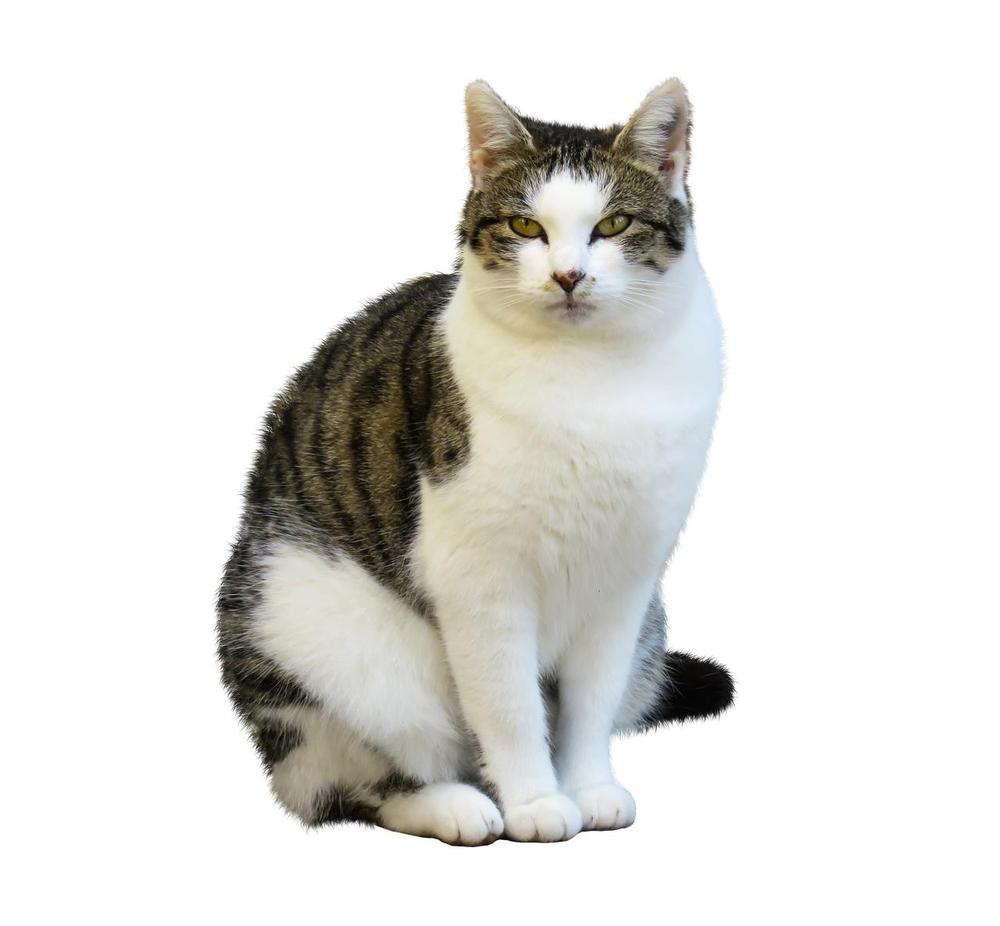
Not only does salami have a tendency to upset your cat's stomach, but it also contains toxic ingredients like preservatives, garlic, and seasoning. These baddies can wreak havoc on your feline companion's red blood cells and do some serious damage.
In fact, some salami varieties even contain sodium, mustard seeds, chili peppers, garlic, and onions. Now, those may sound delicious to us humans, but for cats, they spell disaster.
Digestive issues, anemia, and organ failure are just some of the potential dangers lurking behind these flavor-packed ingredients.
Take hard salami and pepperoni, for example.
Their texture, spiciness, and sky-high sodium levels make them completely unsuitable snacks for cats. So, if you were thinking of slipping a slice under the table to your furry friend, I suggest you reconsider.
Finally, let's not forget about the risk of bacterial contamination from non-cooked salami.
While cases of Salmonella poisoning in cats from salami are rare, it's always better to err on the side of caution and keep salami off their plates.
To ensure your precious feline's safety and well-being, my friend, I strongly advise you to refrain from feeding them salami. Stick to cat-friendly treats and they'll stay purring with delight.
Furthermore, if you're interested in exploring more about the topic of cats and their diets, I have written a helpful guide that you may find valuable.
In my article Can Cats Eat Pistachios, I discuss whether or not it is safe for your furry friend to indulge in this particular nut, as well as the potential risks and benefits involved.
I highly recommend giving it a read to satisfy your curiosity and ensure the well-being of your beloved cat.
When Is Salami Okay for Cats to Eat?
Salami should be given in moderation to cats
Cat owners!
When it comes to giving your beloved feline some salami, you gotta be careful.
Sure, cats love the taste of that yummy salami, but it should only be an occasional treat for them.
You don't want your kitty to gain extra pounds, right?
Watch out for harmful seasonings and ingredients
Listen up, this is important.
Make sure the salami you give your cat doesn't have any garlic or other spices.
These innocent-looking additions can actually harm your furball.
So, always check the salami package before sharing it with your furry buddy.
Start small and choose a natural variety
Now, when it's time to introduce salami to your cat's diet, start slow.
Give your furry pal just a little bit at first to see how they handle it.
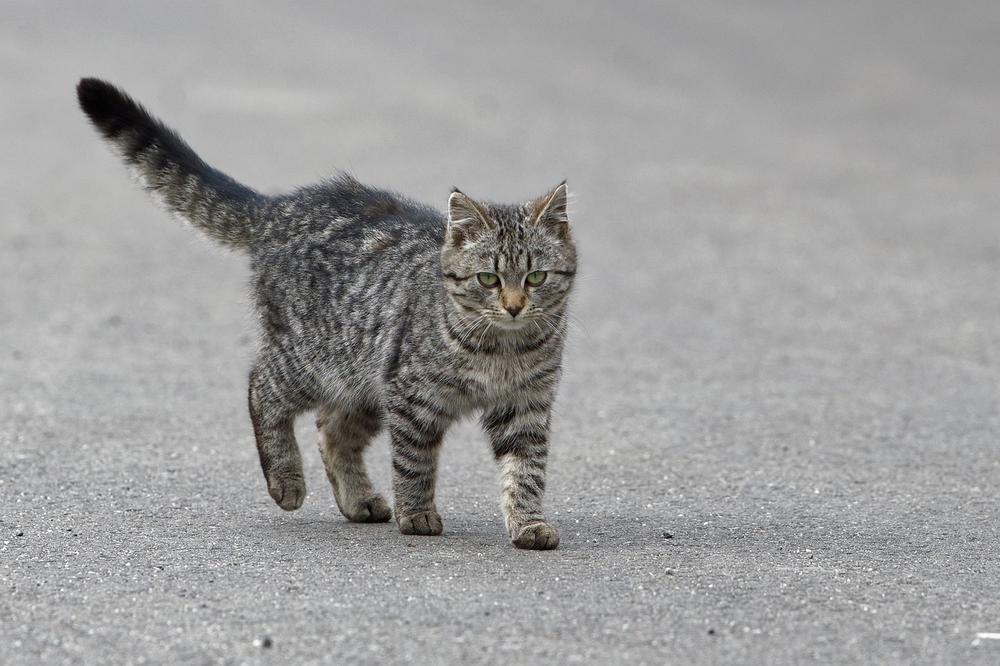
Remember, slow and steady wins the race!
Also, go for a natural kind of salami.
Look for one that has good-quality meat, the right amount of fat, and not too much salt.
Say no to anything harmful!
Cats are true carnivores, which means their diet should mainly consist of meat.
Salami can provide them with protein and taurine, both of which are crucial for their in essence health.
But hey, keep it in moderation and prioritize your fur baby's well-being above all else.
Note: If you're curious about whether it's safe for your cats to consume steak, you should definitely check out Can Cats Eat Steak. It's a useful resource that can provide you with all the information you need to ensure the well-being of your furry friend.
And while salami can be a tasty treat for your cat, you must note that it is not typically included in commercial cat food formulations.
Is Salami Used in Commercial Cat Food?
Salami isn't good for your cat's grub. Here's why you won't find it in their bowl:
- Dangerous components: Salami can come with tons of sodium, preservatives, and spices that can mess up your cat's health.
- No nutrition party: Commercial cat food is designed to give cats all the nutrients they need. Salami doesn't do that job.
- Better ingredient options: Instead of salami, companies focus on using stuff like animal proteins, vitamins, and minerals to keep cats healthy.
- Toy time instead: If you want to shower your feline buddy with love, playtime with safe cat toys is a much better choice.
It might be hard to resist giving your kitty some salami, but trust me, sticking to cat-friendly foods is what keeps them purring with happiness. 😺
But if you do decide to give your cat a taste of salami, there are some important things to keep in mind.
Watch out for symptoms and consider seeking veterinary advice if any digestive distress occurs...
Signs Your Cat Has Eaten Salami
If your curious cat gets a taste of salami, there are clear signs that can tell you if they've eaten more than they should:
- Vomiting is never fun for cats (or for anyone, really). If your feline friend starts puking after indulging in salami, it's a big clue that their stomach isn't happy with the situation.
- Diarrhea is another messy symptom to watch out for. Loose stools and frequent litter box visits might mean that your cat's digestive system isn't handling the salami very well.
- Abdominal discomfort can be indicated through behaviors like restlessness, constant meowing, or sensitivity when touching their belly. Just like us, cats can feel bellyaches too.
- Diminished appetite, because let's be honest, salami can be quite filling even for us humans. So, if your fluffball is suddenly uninterested in their usual mealtime feast, it could be a sign that they're already stuffed with salami.
If you spot any of these symptoms after your cat eats salami, you have to consult with a veterinarian.
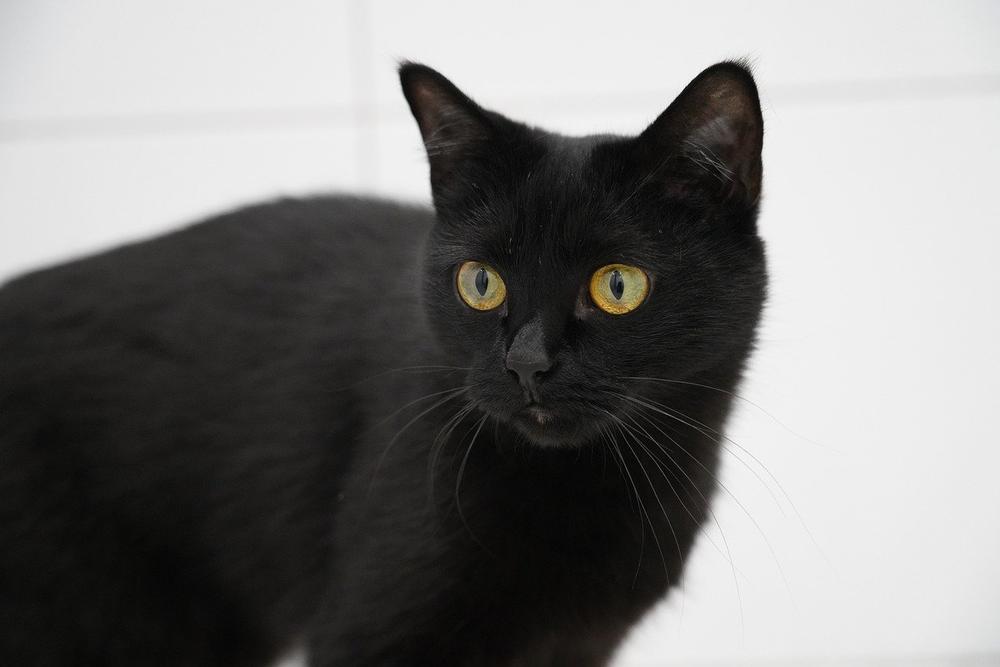
They will provide the proper guidance and treatment to help your furry friend feel better again.
Do Cats Like the Taste of Salami?
Cats, being driven by their meat-based instincts, are often attracted to the pungent aroma and rich flavor of salami.
But remember, individual kitties have their own peculiar preferences when it comes to snacks, and some might not find salami enticing at all. It's a matter of personal taste, you see.
Now, let me tell you this:
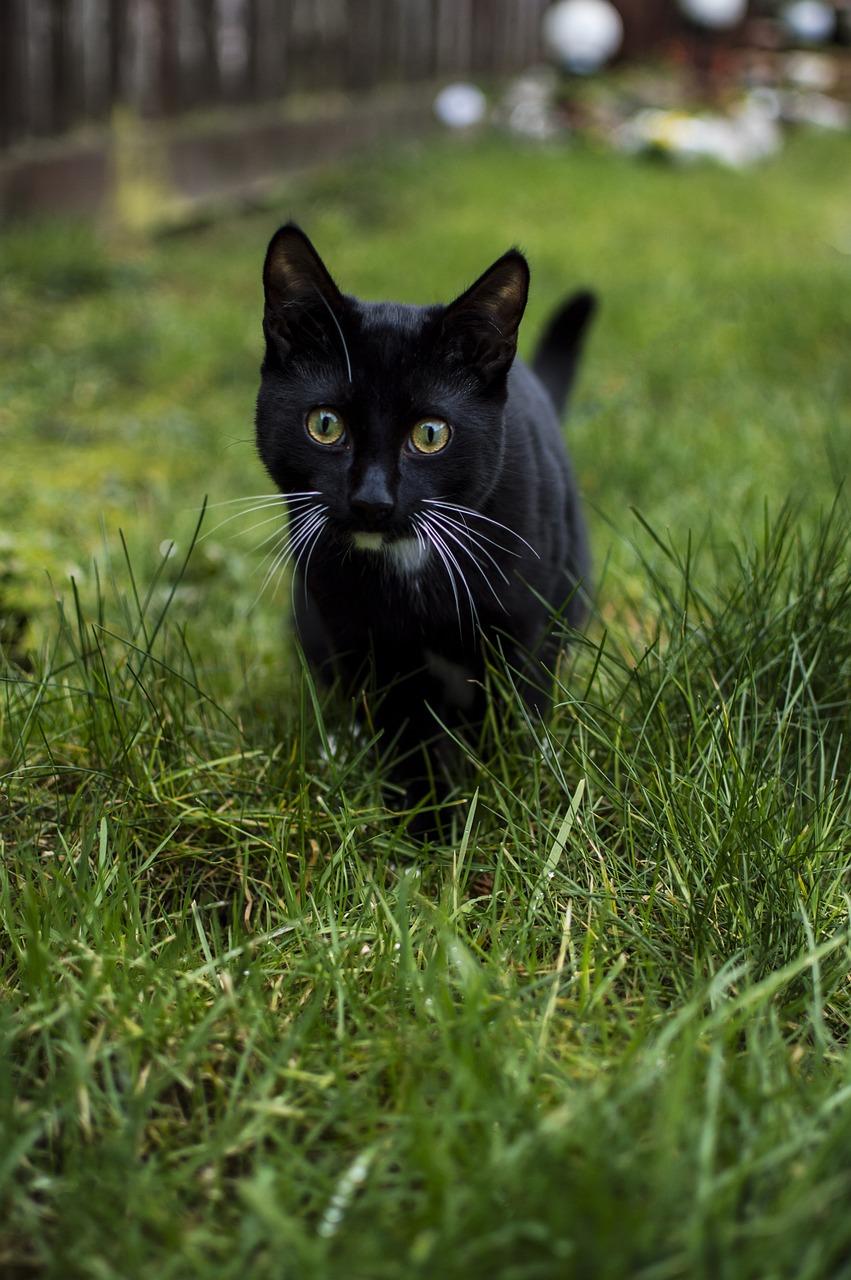
Salami doesn't offer any significant nutritional benefits for our feline friends.
It's more of a guilty pleasure they indulge in.
Cats, being strict carnivores, require a diet centered around meat.
So, while salami may not be the healthiest option, they can still savor its delightful taste.
Cats and Salami: A Risky Combination
Key takeaways:
- Salami can be harmful to cats due to its high fat, salt, and spice content.
- Excessive consumption of salami can lead to obesity, dehydration, and digestive issues in cats.
- Pregnant cats and kittens are at greater risk of bacterial infections from salami and should avoid it.
- Salami contains toxic ingredients like preservatives, garlic, and seasoning that can upset a cat's stomach and damage red blood cells.
- Some varieties of salami contain ingredients that can cause digestive issues, anemia, and organ failure in cats.
- Hard salami and pepperoni are not suitable snacks for cats due to their texture, spiciness, and high sodium content.
- Bacterial contamination, including Salmonella and Trichinellosis, is a risk associated with non-cooked salami.
- Overall, it is recommended to avoid feeding cats salami for their safety and well-being.
- Salami can be given to cats as an occasional treat in small quantities, but excessive consumption can lead to weight gain.
- Kittens should avoid salami due to their vulnerable immune systems.
- When introducing salami to a cat's diet, start with small amounts to test their tolerance.
- Opt for a natural variety of salami with meat, fat, moderate salt levels, and no harmful ingredients.
- Salami is not used in commercial cat food, as it focuses on other necessary nutritional ingredients.
- Bacterial contamination from uncooked salami can cause food poisoning in cats.
- Seek veterinary advice if your cat becomes ill after eating salami.
And that wraps up today's article.
If you wish to read more of my useful articles, I recommend you check out some of these: Can Cats Eat Strawberry, Can Cats Eat Oatmeal, Can Cats Eat Mushrooms, and Can Cats Eat Broccoli
Talk soon,
-Sarah Davis